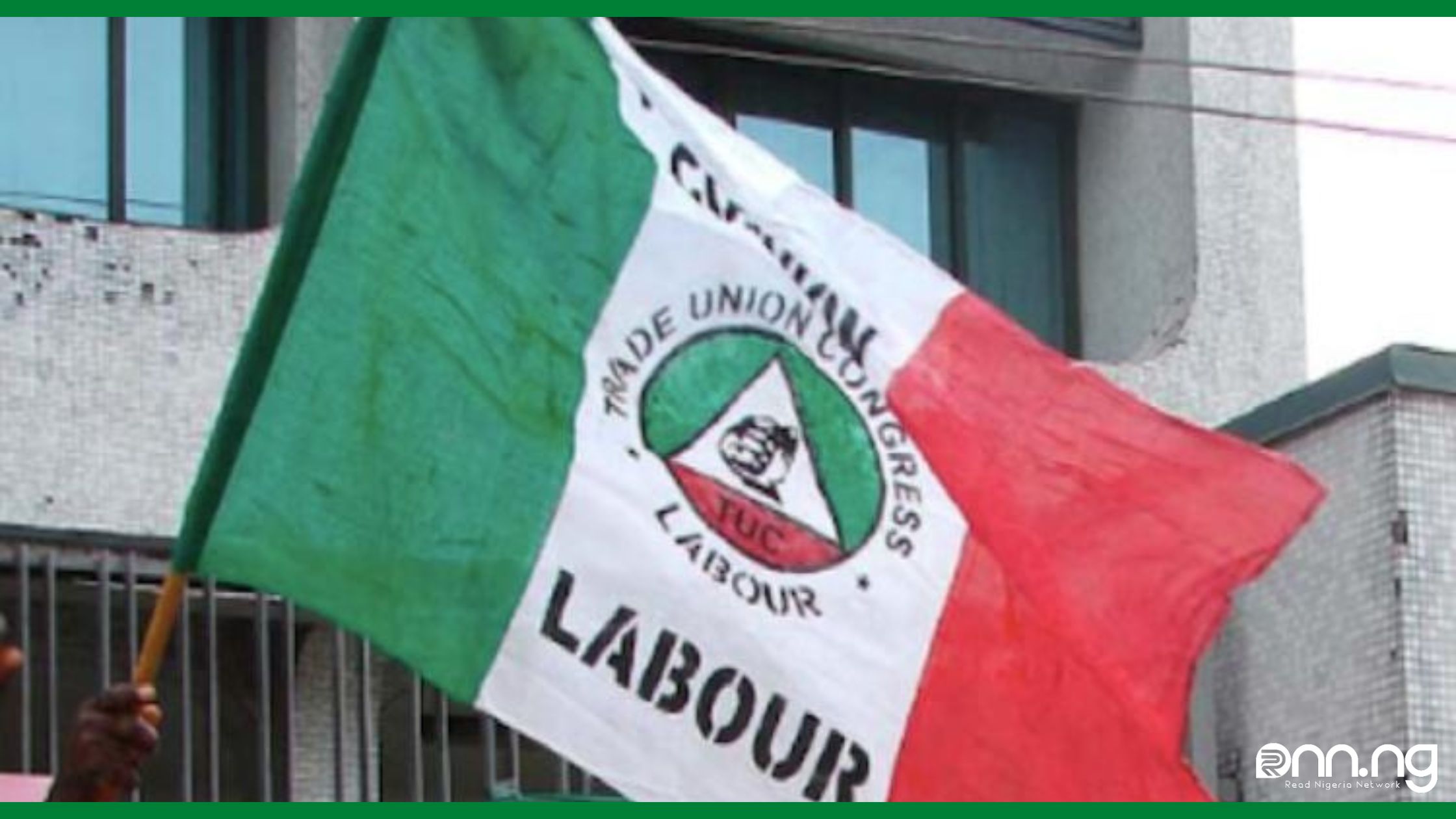Business News
NLC and TUC blamed fuel scarcity on downstream sector’s sabotage
According to the Nigerian Labour Congress (NLC) and Trade Union Congress (TUC), Downstream retail firms are to blame for the country…

According to the Nigerian Labour Congress (NLC) and Trade Union Congress (TUC), Downstream retail firms are to blame for the country’s present gasoline shortage because they have “hijacked the price much above the government-approved threshold.”
This was said in a statement that the trade unions signed pleading with FG to put a stop to the problems. They issued a warning that non-state actors shouldn’t be able to affect a necessity for energy.
There is no plausible explanation for the fuel shortage that Nigerians are experiencing, according to the presidents of the NLC and TUC, Mr. Ayuba Wabba and Mr. Festus Osifo.
They expressed shock at the ongoing scarcity and out-of-control prices that participants in the petroleum industry’s downstream sector were dishing out to Nigerians.
READ MORE: Weekly Stock Update: Nigerian Exchange Group records 1.26% growth
”No excuse is good enough to cripple the country. If there are challenges, they should be fixed. We have a government in power to fix challenges not to make excuses,’’ they said.
They continued by saying that the ongoing shortages of Premium Motor Spirit (PMS), often known as gasoline, have devastating consequences for the people of Nigeria and crippling effects on the health of the economy, which is already in a precarious position.
“We are reliably informed that the shortage is deliberately fostered by players in the downstream sector in other to hike the price far above the government-approved threshold.
“It is an added problem when non-state actors begin to arrogate to themselves the power to determine the price of a litre of fuel far above the rate pegged by government in the current subsidy regime.”
Additionally, they stated that Nigerians and taxpayers currently pay trillions of Naira annually to subsidize gasoline, arguing that these same people could not be forced to pay more than N240 per liter when the current ex-depot price was N148.19k per litre and forewarning that the advantages of the subsidy regime are gradually being diminished.
